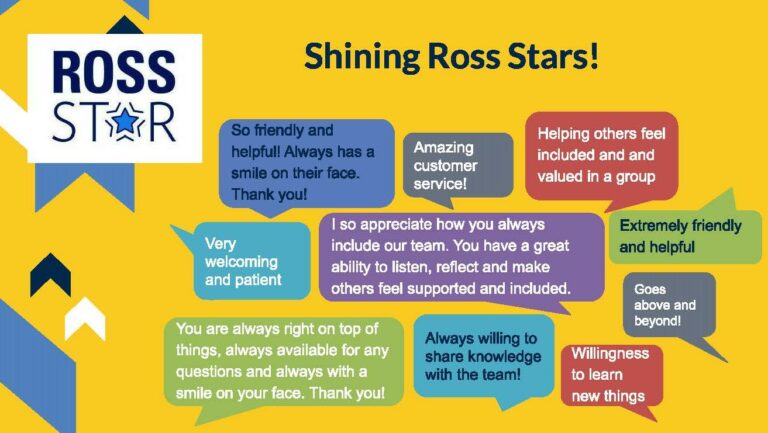Q&A: Faculty and Staff Share Strategies for Managing Stress and Supporting the Well-Being of Others
Balancing responsibilities at work and home can be stressful, but there are many ways to manage stress and promote a healthy environment. We asked some of our faculty and staff to share how they manage and reduce stress at work and support the mental health of our colleagues.

Kelly Higgins, director of student support, Office of the Dean
What are some things you do to manage stress at work?
My work stress management starts at home. Over the course of my career, I’ve found a few key practices that most successfully support my work. Those practices include attending to my basic needs (sleep, good food, movement), maintaining key connections, and having fun engaging in hobbies.
What are some things we can do to reduce stress and support the mental health of our colleagues and the people around us?
Clarity and open communication go a long way to providing a supportive environment. When people have clear objectives, can be open about their needs and struggles, are provided flexibility and care, and maintain good boundaries, it creates a workplace where colleagues can be successful without sacrificing their mental health. Additionally, some people aren’t aware of the Michigan Ross and University of Michigan resources (like Calm and MHealthy) available to support the well-being of faculty and staff, so I try to highlight them whenever possible.

Jeffrey Sanchez-Burks, William Russell Kelly Professor of Business Administration, professor of management and organizations
What are some things you do to manage stress at work?
Meditation, chakra alignment, listening to Portishead, and drinking matcha tea help me manage day-to-day stress. Together, those activities leverage different sensory experiences to help me rebalance and remain resilient.
What are some things we can do to reduce stress and support the mental health of our colleagues and the people around us?
One thing we can do is check in with each other on a human level. This could be as simple as making eye contact and smiling when passing in the halls, standing in the elevator, or asking someone how they are.

Cece Nash, associate director, Office of Advancement
What are some things you do to manage stress at work?
It is important to prioritize tasks and be honest and realistic about work deadlines. Sometimes, stepping away from work is also helpful and helps me to return to my tasks with better energy. When I need to step away, I will go for a walk, get some fresh air, or grab a snack or favorite drink.
What are some things we can do to reduce stress and support the mental health of our colleagues and the people around us?
Offer a helping hand. Saying to a colleague, “How can I help?” can really make a difference.
We can also be more observant of people’s emotions. If their behavior seems different than normal, ask if everything is okay, offer a listening ear, send an encouraging email or funny meme, or drop a favorite snack or candy off at their desk.
Below are some great U-M and Michigan Ross resources to support the mental health and well-being of faculty and staff.
- Health and well-being programs through MHealthy
- Relaxation and stress management practices through the Calm App
- Confidential and professional counseling through the Faculty and Staff Counseling and Consultation Office
- U-M stress management tools and resources through U-M Human Resources
- Additional resources for faculty and staff can be found on the Ross student wellness page






